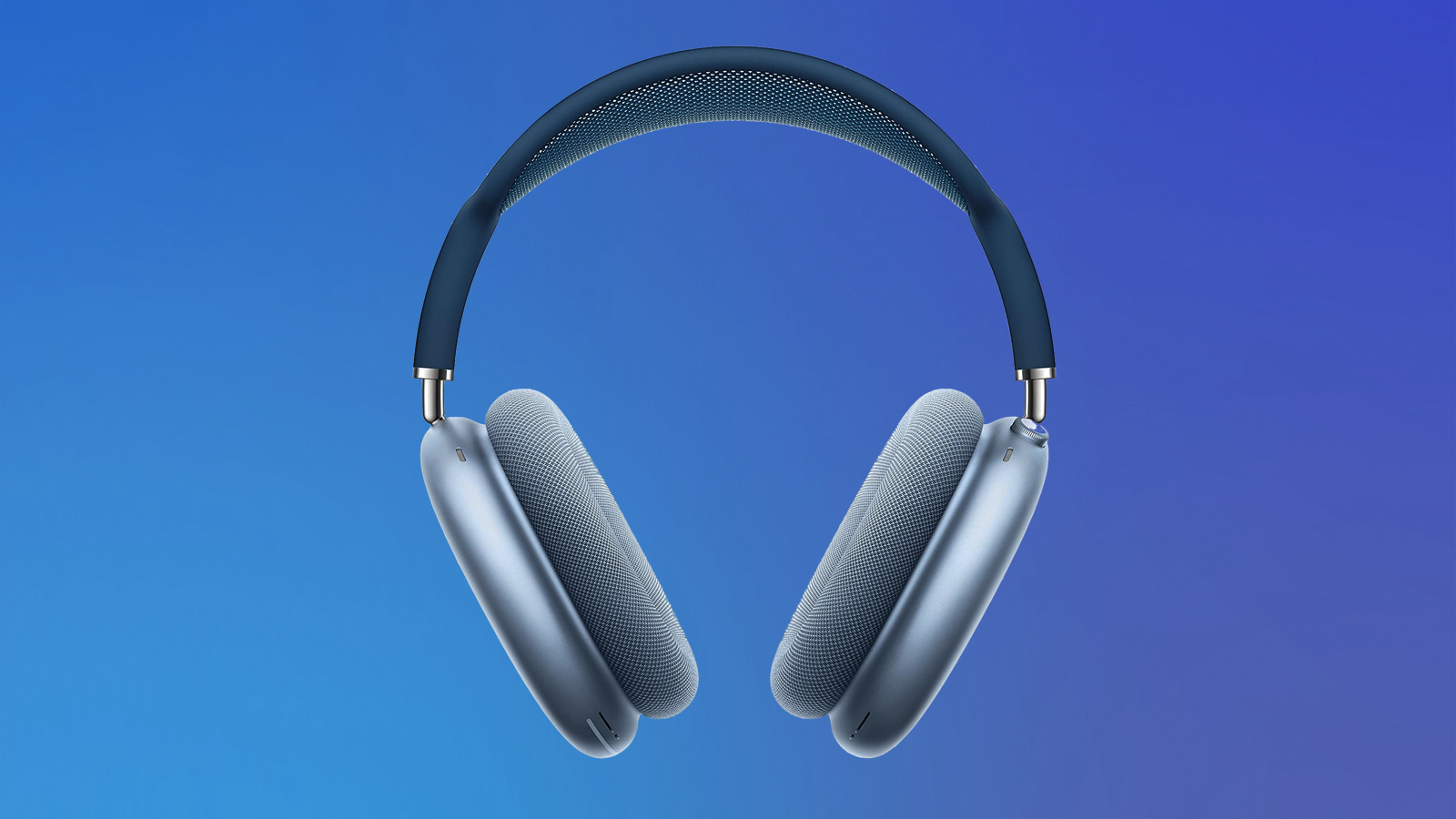Sonos today announced plans to expand into a new "multi-billion dollar" product category in 2024, which is widely believed to be headphones. Sonos CEO Patrick Spence declined to give specific details on the company's plans, but he said that the new product will "complement" current Sonos devices and will "delight customers and drive immediate revenue."

Spence said that Sonos believes it will generate more than $100 million from new products in 2024, and the new product will account for a "large portion" of this revenue in the second half of the year.
There have been rumors for years now that Sonos intends to enter the headphone market with a pair of wireless headphones that could be similar in design to over-ear headphones like the AirPods Max. Sonos has never confirmed its work on headphones, but a leaked internal memo that was obtained by Bloomberg earlier today confirmed that the company does indeed have a headphone division.
Right now, Sonos develops wireless speakers, soundbars, and other home theater devices, so headphones seem to be a logical next step for the company. As Sonos manufactures higher-end devices, the first headphones could perhaps be designed to compete with over-ear headphones from companies like Bose, Sony, Sennheiser, Shure, and Bowers & Wilkins, but Sonos could also target the AirPods market.
Bloomberg in 2019 said that Sonos was targeting a $300 price point and was focusing on features like audio quality and multi-service interoperability, but it has been several years since new details emerged.
Sonos speakers already compete with Apple's speakers, so a set of heaadphones that serve as an alternative to AirPods Max and Beats would not be a surprise. At this point, little is known about Sonos' plans for the headphones, and there is no specific launch date that has been shared.
This article, "Sonos Announces Plans to Enter Major New Product Category, Likely Headphones" first appeared on MacRumors.com
Discuss this article in our forums
Source: TechRadar

Spence said that Sonos believes it will generate more than $100 million from new products in 2024, and the new product will account for a "large portion" of this revenue in the second half of the year.
There have been rumors for years now that Sonos intends to enter the headphone market with a pair of wireless headphones that could be similar in design to over-ear headphones like the AirPods Max. Sonos has never confirmed its work on headphones, but a leaked internal memo that was obtained by Bloomberg earlier today confirmed that the company does indeed have a headphone division.
Right now, Sonos develops wireless speakers, soundbars, and other home theater devices, so headphones seem to be a logical next step for the company. As Sonos manufactures higher-end devices, the first headphones could perhaps be designed to compete with over-ear headphones from companies like Bose, Sony, Sennheiser, Shure, and Bowers & Wilkins, but Sonos could also target the AirPods market.
Bloomberg in 2019 said that Sonos was targeting a $300 price point and was focusing on features like audio quality and multi-service interoperability, but it has been several years since new details emerged.
Sonos speakers already compete with Apple's speakers, so a set of heaadphones that serve as an alternative to AirPods Max and Beats would not be a surprise. At this point, little is known about Sonos' plans for the headphones, and there is no specific launch date that has been shared.
Tag: Sonos
This article, "Sonos Announces Plans to Enter Major New Product Category, Likely Headphones" first appeared on MacRumors.com
Discuss this article in our forums
Source: TechRadar